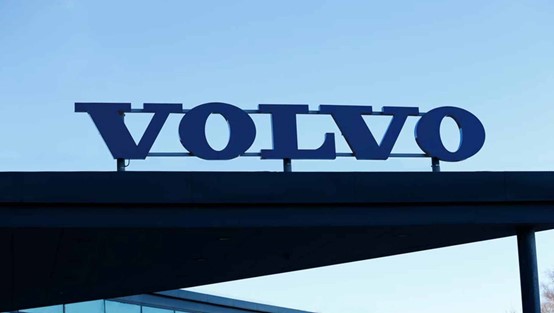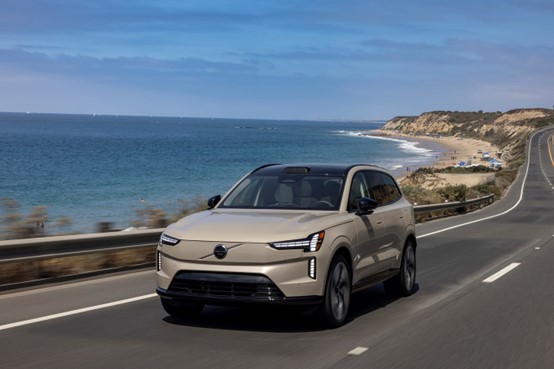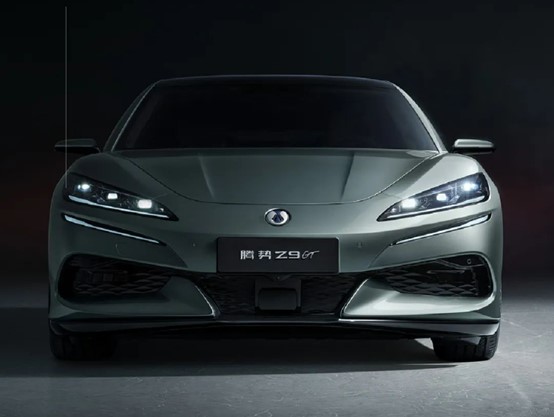


Please enter your registered phone number below to receive the verification code

Since the company's commitment to fully entering the electric vehicle sector, it has launched five pure electric (BEV) models: the EX40, EC40, EX30, EM90, and EX90. The latest industry data indicates that the EX30 is currently ranked as the third best-selling electric vehicle in Europe. However, due to insufficient charging infrastructure, the withdrawal of government subsidies in some markets, and the recent imposition of tariffs on electric vehicles in regions like Europe and the United States, which has brought more uncertainty to the electric vehicle industry, the company has adjusted its previous electrification goals after considering various factors.

Volvo Cars was founded in 1927, has been acquired by Geely, and operates in over 100 countries. Volvo Cars is listed on the Nasdaq Stockholm exchange under the ticker "VOLCAR B". As of the end of 2023, Volvo Cars has 43,400 employees worldwide. The company's headquarters, product development, marketing, and administrative functions are mainly located in Gothenburg, Sweden. It has manufacturing plants in Gothenburg, Ghent (Belgium), South Carolina (US), Chengdu, Daqing, and Taizhou (China), as well as R&D and design centers in Gothenburg and Shanghai (China)
2024-12-15
2024-12-14
2024-12-11
2024-12-11
2024-12-10

Electric Vehicle | Huawei HIMA Launches Two New Models of AITO M7 Pro and LUXEED R7

Solid-State Battery | QuantumScape Starts to Deliver QSE-5 B Sample Solid State Prototype Cells for OEM Testing...

Electric Vehicle | BYD Launches D-Class Luxury Models Denza Z9GT and Denza Z9
Lithium-ion Battery | CATL Plans to Expand 60 GWh Battery Capacity in Luoyang
LFP | LBM's First Overseas Lithium Iron Phosphate Plant Settles in Indonesia
Lithium | CATL Lithium Carbonate Production Halted, Lithium Prices Rise
Cathode Material | Easpring Keeps Growing LFP/LMFP Business, with Diversified Cathode Materials
Solid-State Battery | CATL Starts 20Ah All-Solid-State Battery Sample Test